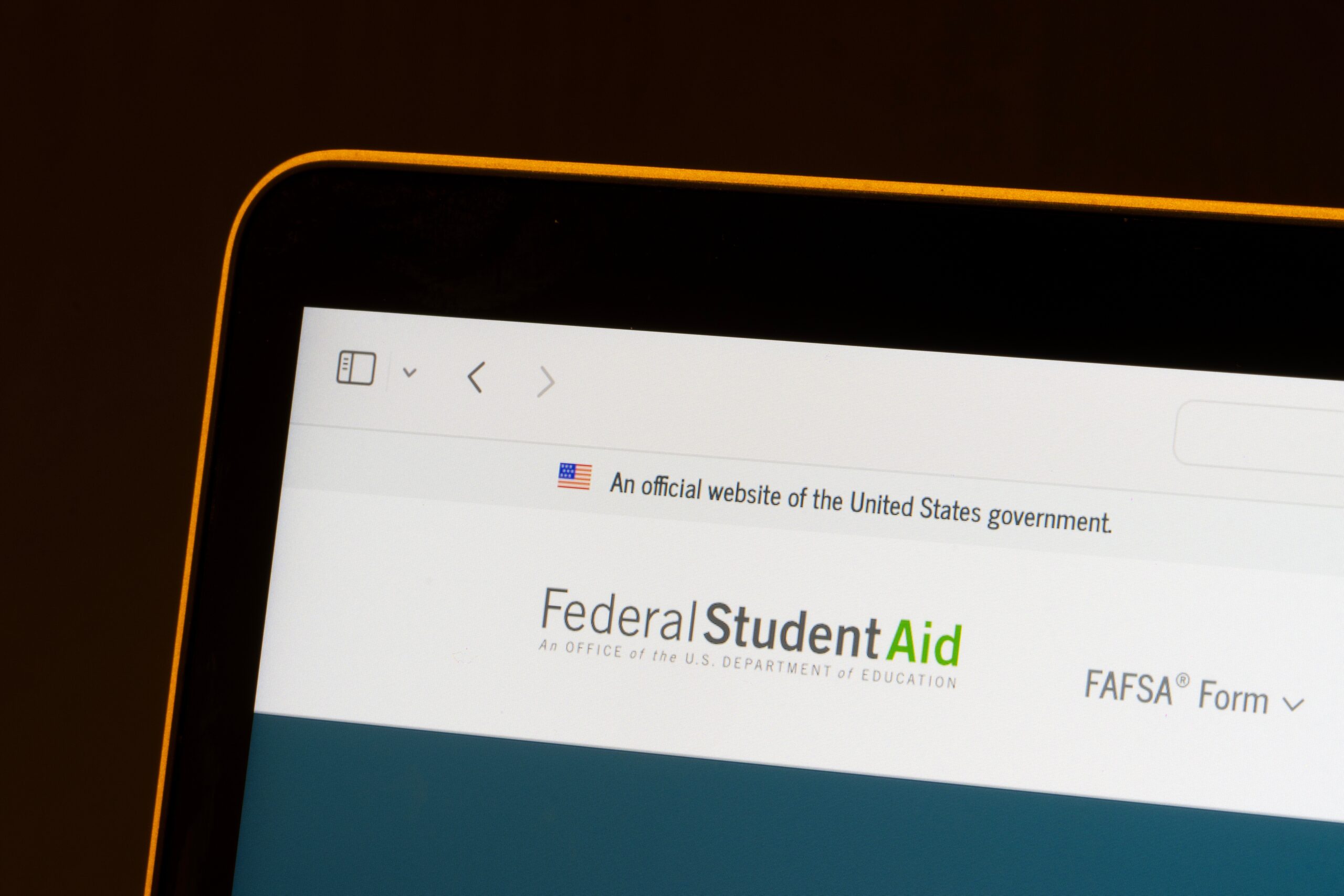If you or your loved one plans to attend college in the 2026–2027 academic year, the Free Application for Federal Student Aid (FAFSA®) opens October 1, 2025. Completing the FAFSA is the key to receiving federal grants, work-study, and loans, as well as many state and institutional aid programs.
What Is the FAFSA and Why Does It Matter?
The FAFSA is a form used by the U.S. Department of Education to determine your eligibility for federal student aid. The FAFSA is a crucial form used by the U.S. Department of Education to determine your eligibility for federal student aid. Additionally, many states and colleges consider your FAFSA information when awarding scholarships and grants.
To maximize your chances of receiving aid, it is recommended to submit your FAFSA as early as possible. Some funds are limited and awarded on a first-come, first-served basis. The FAFSA considers both your income and assets.
What You’ll Need to Complete the FAFSA
Before you sit down to apply, gather these items:
- FSA ID for both the student and a parent (if the student is dependent), which serves as an electronic signature. Create or recover it at studentaid.gov.
- List of schools you’re applying to for the 2026-2027 academic year.
- Social Security numbers. Note that parents without a Social Security number can create a StudentAid.gov account after completing an identity verification process.
- Driver’s license numbers.
- 2024 tax returns (you’ll be able to provide consent to import your tax return, but you should also have it handy).
- Records of untaxed income (for example, child support received).
- Current balances of cash, savings, and checking accounts*.
- Net worth of investments, businesses and farms*.
*For assets, FAFSA uses the value of your assets as of the date you submit the form.
How FAFSA Uses Your Tax Returns
A common question is: Which tax year does the FAFSA look at?
The FAFSA uses what’s called “prior-prior year” tax information. That means when you file the 2026–2027 FAFSA (opening October 1, 2025), you’ll use information from your 2024 tax return—not your most recent 2025 return.
If your financial situation has changed significantly since 2024 (for example, job loss), you can still file the FAFSA and then contact your college’s financial aid office to request a review.
Should You Apply Even If You Think You Won’t Qualify?
Yes—absolutely. Many families assume their income is “too high” to get financial aid, but here’s why you should still apply:
- Non-need-based aid: Even if you don’t qualify for grants, filing the FAFSA makes you eligible for federal unsubsidized student loans, which typically are lower rates than private student loans.
- College and state aid: Many schools and states require a completed FAFSA to award their own scholarships and grants—even academic and merit-based awards.
- Unexpected changes: If your family’s financial situation changes, having a FAFSA on file makes it easier to request adjustments.
- Work-study: Some part-time campus jobs are only available to students who have completed the FAFSA.
Bottom line: filing the FAFSA keeps more doors open, even if you think you won’t qualify for need-based aid. Filing early can grant you more time in case you hit a snag or have a delay.
Key Tips for Filing Successfully
- Apply early – Some aid runs out quickly, especially state grants and school-based aid.
- Use the IRS Direct Data Exchange (DDX) – This automatically transfers tax information, reducing errors and delays.
- Check state deadlines – Many states have earlier cutoffs than the federal June 30, 2027, deadline.
- Review your Student Aid Report (SAR) – After filing, check for errors and correct them promptly.
- Submit every year – FAFSA is not a one-time form; you’ll need to file annually for each year of college.
Bottom Line
Completing the FAFSA may feel overwhelming, but it’s the most important step you can take in obtaining financial aid for college. Make it a priority to complete the form, gather your documents early, and submit as soon as possible to maximize your aid opportunities—even if you’re not sure you’ll qualify.



